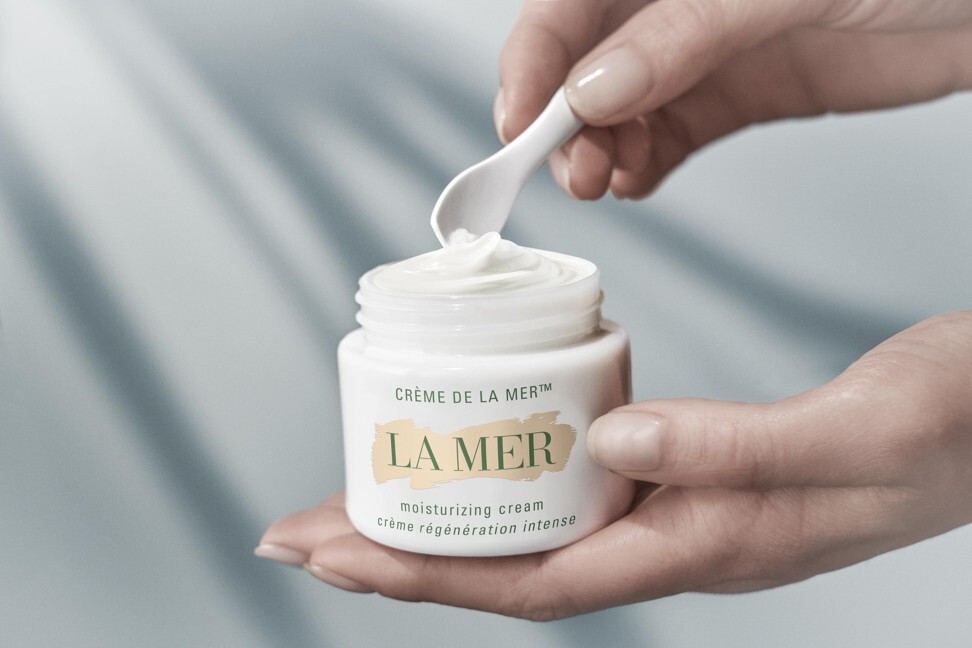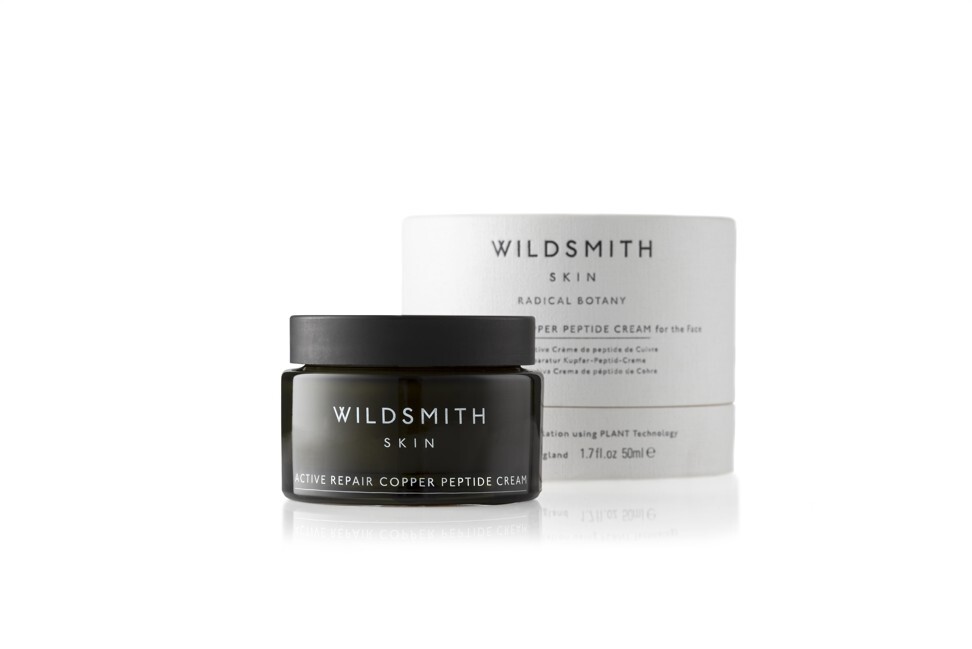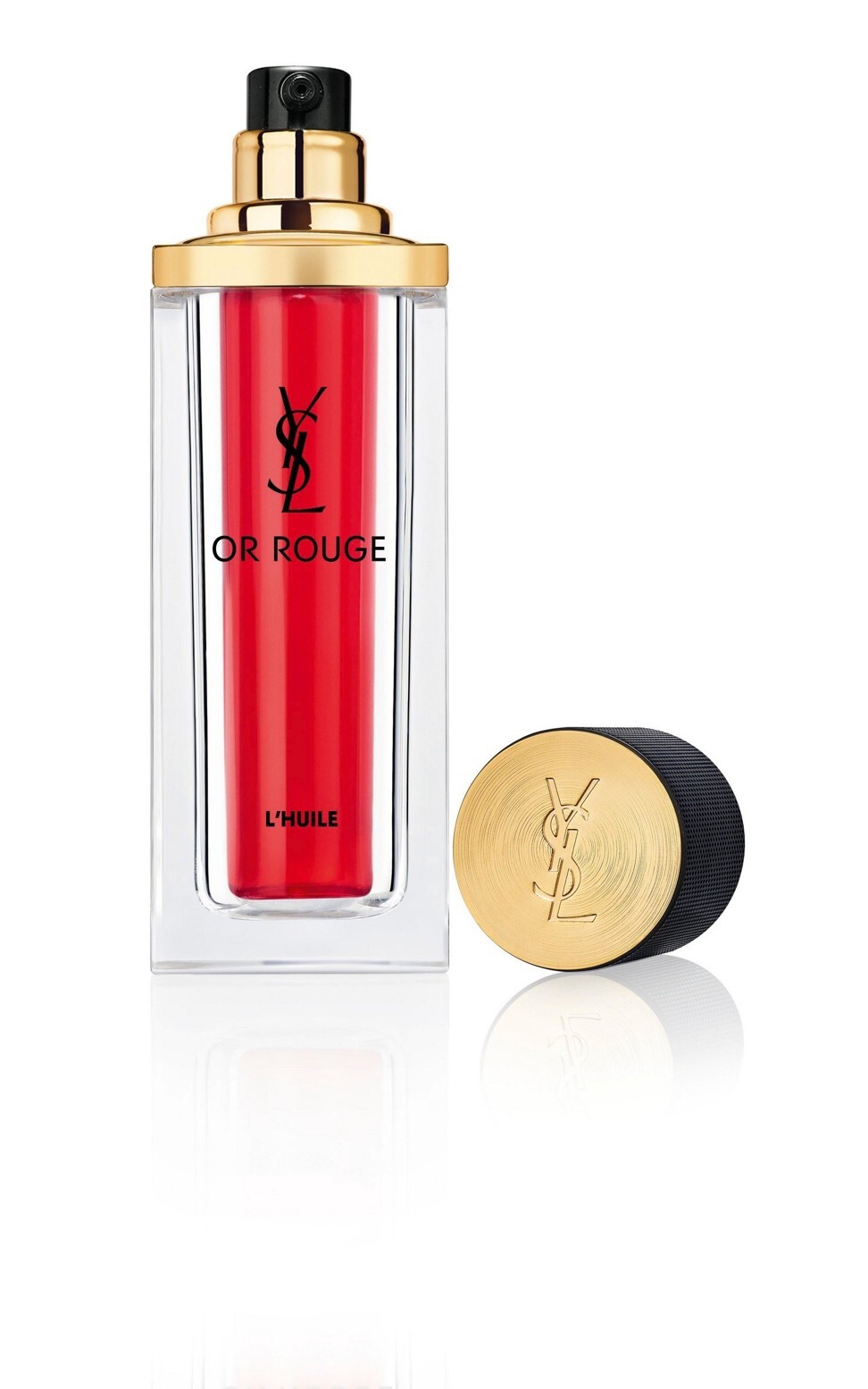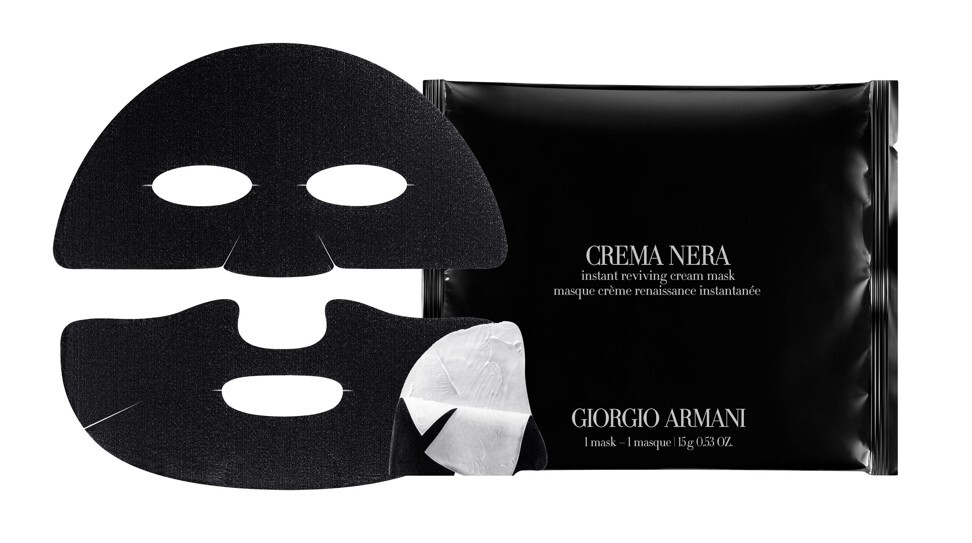
5 winter skincare hacks: how to use moisturiser, beauty oils, masks and more to keep your skin supple and healthy year-round
Your skincare should shift with the seasons: recognise when your skin needs hydrating, learn how to use hyaluronic acid and when to switch to an occlusive moisturiser

Arctic blasts or not, winter is most definitely on its way and humidity levels in Hong Kong are about to drop. Admittedly from, like, 95 per cent to 70 per cent, but still!
This writer should make clear that she’s no dermatologist or aesthetician – just as she’s no meteorologist. But she is someone who’s made a thorough study of skincare and make-up. So if your skin is suffering from serious dryness, seek a professional, but if you’re after some basic tricks to keep your skin hydrated and healthy this winter, keep reading.
Mix it up
The mistake many people make is to settle on one skincare routine and repeat it indefinitely. Your skin is a living thing and in the same way you change what you wear on your body depending on the weather, what goes on your face must change, too.

Regardless of time of year, learn to take cues from your skin. Pay attention to how it feels – it’ll tell you what it needs. If when you cleanse your skin it starts to feel papery and fragile, or tight and uncomfortable after a few minutes, your skin is likely dehydrated. If it doesn’t, you don’t lack hydration but most definitely should still apply serum and moisturiser to avoid transepidermal water loss: when hydration passes through the layers of your skin and evaporates.
Just because a routine works for you in the summer doesn’t mean it can last you the whole year. Switch to a gentler cleanser so as to not strip your skin of its natural oils, and consider a moisturiser that’s thicker in consistency to help lock in the hydration. A gel lotion may be more than enough in hotter months, but your skin could be crying out for a cream at this time of year, and you should listen.
Pick the right ingredients
Not only should you mix up the products you use in winter, you might also want to swap in different ingredients.

For example, hyaluronic acid works wonders by retaining up to 1,000 times its own weight in water! That’s great during more humid months when there’s plenty of water in the air for it to draw from to help your epidermis. When there’s less humidity though, it’ll draw water from the other side of your epidermis: from your dermis layer, which will dry out your skin instead. So either consider switching to ingredients that hydrate in different ways, such as cactus water or vitamin E, or choose an occlusive moisturiser that will trap any hydration your ingredients might attract underneath it, keeping it where it belongs.
Peptides and ceramides are also great winter skincare ingredients because they both help to strengthen your skin barrier, which may be damaged by the harsher weather. Stronger skin is healthier skin.
Top up
Beauty oils are one of those things that people either love or hate. Those who hate them tend to have real trouble with the feel of oil on their skin, and find them too greasy or tacky.

If your skin is really suffering from the winter chill though, and you’re seeing cracking or patches of dryness or scaliness, then learn to tolerate an oil, even if only at night over the rest of your skincare routine.
Many oils are occlusive, locking in moisture, but some are emollient, softening the skin. For winter, the former may be the better choice but if you learn to love oils, invest in a skin-softening one too to incorporate into your daily regime for supple skin.
You don’t need a lot of an oil, so to reduce the feeling of greasiness, drip four to six drops into the palm of your hand, rub your hands together and then press it onto your skin at the end of your routine. Do this at night, and in the morning remember to apply SPF over your moisturiser. It’ll protect your skin from sun damage, which can further irritate or dry out delicate skin as the mercury drops.
Put on a mask!
Oh, 2020, what a year you’ve been. Yes, besides the mask you should wear when you’re out and about, you should also incorporate skincare masks into your weekly routine.

Ingredients penetrate further and perform better on skin that’s ready to absorb them, so find a mask with chemical exfoliants that work for you. It’ll help to reduce the build-up of product and dead skin cells, which may act as a barrier against ingredients you need.
For some, AHAs or BHAs might be the best option, for others acids like salicylic or lactic might be better exfoliants. If you enjoy physical scrubs more, choose a gentle but effective one that uses enzymes or rice powder. Whichever you go with, once a week will help keep your skin clear, which can’t hurt as we all continue to battle mask-ne.
Just as important is a mask that offers a massive dose of hydration. Also do this one once a week to give your skin a boost, and follow immediately with your serum and moisturiser to lock it in. Look for ingredients like rose or collagen – they tend to be some of the most hydrating and readily available masks.
Tech that protects
In really humid cities like Hong Kong, your skin can freak out when there’s suddenly less humidity. Sometimes the best way to combat this is just to introduce a humidifier to spaces where you spend the most time. Keep a little one on your desk at work and one by your bed to maintain humidity levels while you sleep, which is when your skin repairs itself.
The most important thing to remember about skincare is that it’s very personal and needs to be tailored. What works for one person may not work for another. So whether it’s the five tips above or ideas from elsewhere, find what works for your skin type but do keep it flexible according to the time of year – whether you live in often hot and steamy Hong Kong, or somewhere genuinely Arctic.